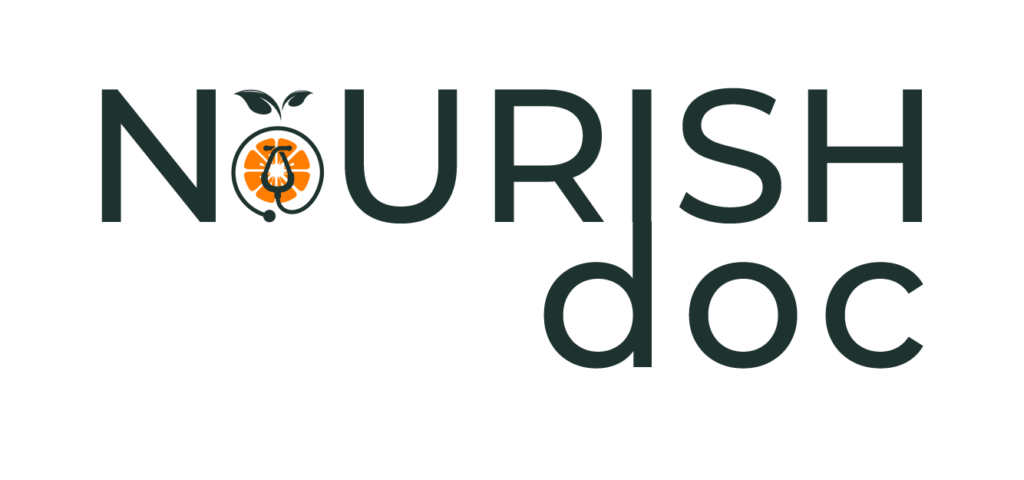About me
Rachel Hemraj is a nutritionist and Dietician based in India. She is the founder of Nutrifocus Diet and Wellness Clinic and specialize in weight loss and therapeutic diets.
She offers personalized diet plans to help reach optimal health to her clients. Educated with Masters in Food and Nutrition, she has over 12 years of experience.in nutrition counseling, recipe development, nutrition, wellness coaching. She has specialized in the following areas:
-
Obesity and Weight Loss
-
Diabetic Diet Plan
-
Food Allergies Diet and Gluten Intolerance
-
Pregnancy and Lactation
She is a firm believer of good nutrition as a gateway to good health. She inculcates the values that the majority of chronic diseases can be prevented by diet and lifestyle modifications. She has helped thousands of clients to achieve their health goals.
She will help you attain optimal health by providing online consultations. Looking after your health today gives you better health for tomorrow! "Healthy food is not always expensive, it can be affordable and palatable with creativity.-
She can help you create a personalized meal plan for you that will help you lead a healthy lifestyle.


